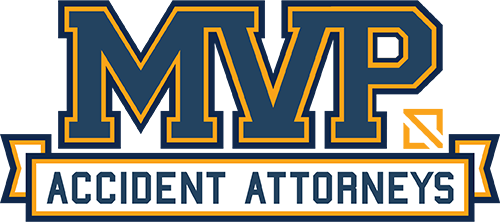Car Accident Lawyer
When Should I Hire a Car accident attorney?
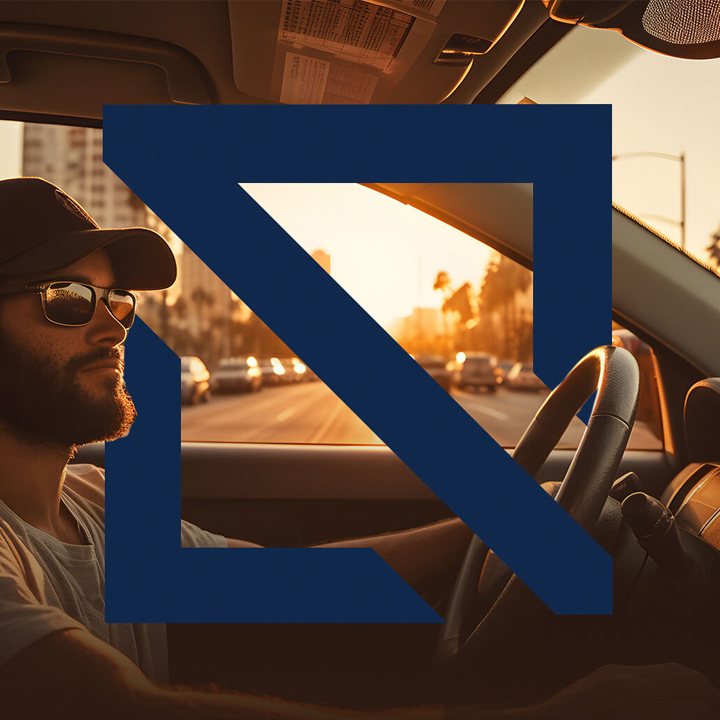
If you were involved in an auto accident that was not your fault and you suffered injuries, vehicle damage, and other losses, speaking with an auto accident lawyer can help you understand your rights and legal options.
You should contact an accident attorney if:
- Your loved one was killed or seriously injured in an auto accident
- You were injured or sustained property damage in an auto accident
- The claims adjuster is refusing to offer a fair settlement
- There is more than one liable party involved
- It’s unclear which party was negligent

Working with a lawyer from MVP Accident Attorneys can help make the entire legal process as low-stress as possible and will also level the playing field, giving your case the best chance of success.
Not only can our legal team help with filing all of the appropriate paperwork and dealing with the insurance company, but they can also:
Investigate the Car crash
A car accident lawyer can investigate the accident to determine who was at fault, gather evidence, and interview witnesses. Eyewitnesses can provide valuable information about the accident, including how it occurred, who was at fault, and what factors contributed to the accident
Our attorneys will gather important evidence, such as:
- Police report
- Photos of skid marks and any debris on the road
- Vehicle damage estimates and photos of damage
- Medical records that detail the injuries sustained and photos of your injuries
- Expert testimony from medical professionals and accident reconstructionists
Value Your Claim
An auto accident lawyer from our legal team can calculate the full extent of your damages, including medical bills, lost wages, property damage, and pain and suffering. If you suffered a permanent injury due to the accident, our attorneys can also work with medical professionals to determine the true cost of your ongoing medical needs to ensure you are taken care of now and in the future.
Insurance company Negotiations
Insurance companies may try to offer a low settlement or deny your claim altogether. A car accident lawyer on our legal team can negotiate with the insurance company to ensure you receive a fair settlement that covers all of your damages. Our accident attorneys have extensive experience dealing with claims adjusters and know the tricks and tactics they will try to use to deny your claim or offer a lower settlement.
File a Personal injury lawsuit
If the insurance company refuses to offer a fair settlement, a car accident attorney can file a personal injury lawsuit on your behalf and represent you in court.
Provide Legal Guidance
If the insurance company refuses to offer a fair settlement, a car accident attorney can file a personal injury lawsuit on your behalf and represent you in court.
Our attorneys can also provide you with strong, experienced legal guidance and support throughout the entire process, ensuring that you understand your rights and options. They can also answer any questions you may have and explain what to expect during the legal process.
Auto accident claims can quickly become complicated, especially if it’s not clear which party was negligent, the other driver’s insurance company is refusing to offer a settlement that’s fair, or if more than one party is liable for the collision.
Working with one of our attorneys can significantly increase your chances of recovering compensation for your injuries and other damages. At MVP Accident Attorneys, we can handle every aspect of your case, from investigating the motor vehicle collision to negotiating with insurance companies and filing a lawsuit if necessary.
Video Testimonials from Clients
Our video testimonials feature real clients sharing their experiences and highlighting the outstanding legal representation they received from our dedicated team.

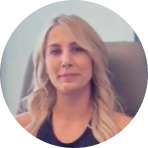

What Should I Do Immediately After a Car crash?
Knowing what steps you must take following a vehicle collision can protect your health and your claim. If you find yourself involved in an automobile accident, following a car crash, you should
- Check yourself and others for injuries and call 911 if there is a casualty, someone sustained injuries, or if there is significant property damage.
- Move to a safe location, if possible, and turn on your hazard lights.
- Exchange information with the other motorist involved in the collision, including names, phone numbers, addresses, license plate numbers, vehicle identification numbers, and insurance information.
- Take photos of the crash scene, damage to vehicles, and any personal injuries sustained.
- Gather contact information from any witnesses to the accident.
- Notify your insurance company about the accident and provide them with the necessary information.
- Seek medical attention as soon as possible, even if you don't think you were seriously injured.
- Consult with an experienced car accident lawyer at MVP Accident Attorneys to protect your claim and learn about your legal rights and options.
What Is a Fair Settlement for a Car Accident?
The compensation you’re entitled to will depend on the specifics of your auto accident, the severity of your injuries, property damage, how much time you missed at work, and other factors.
In most cases, accident victims are entitled to the following types of compensation:
Economic Damages
Economic damages are tangible losses that can be measured in financial terms. They include:
- Past and future medical bills
- Lost wages
- Property damage
Non-economic damages
Non-economic damages are losses that cannot be measured in financial terms. They include:
- Pain and suffering
- Emotional distress
- Loss of consortium
- Loss of quality of life
- Loss of enjoyment of life
- Scarring and disfigurement
Car accident Injuries
Car accidents can result in a wide range of injuries, from minor cuts and bruises to severe, life-altering injuries. If you are involved in a traffic accident, it is important to seek medical attention as soon as possible, even if you do not feel any pain or display symptoms right away. It is also important to consult with an experienced car accident lawyer to understand your legal rights and explore your options for compensation.
The most common types of minor and severe injuries that can result from a car accident include:
- Whiplash
- Soft tissue damage
- Strains and sprains
- Concussions
- Broken bones
- Spinal cord injuries
- Traumatic brain injuries (TBIs)
- Burns
- Road rash
- Neck injuries
- Back injuries
- Amputations
- Internal bleeding/internal organ damage
Common Types of road collisions
According to statistics, some of the most common road collision types include:

Side collision

Head-on collision

Rear-end accidents

Single-vehicle accidents

Multi-vehicle collisions
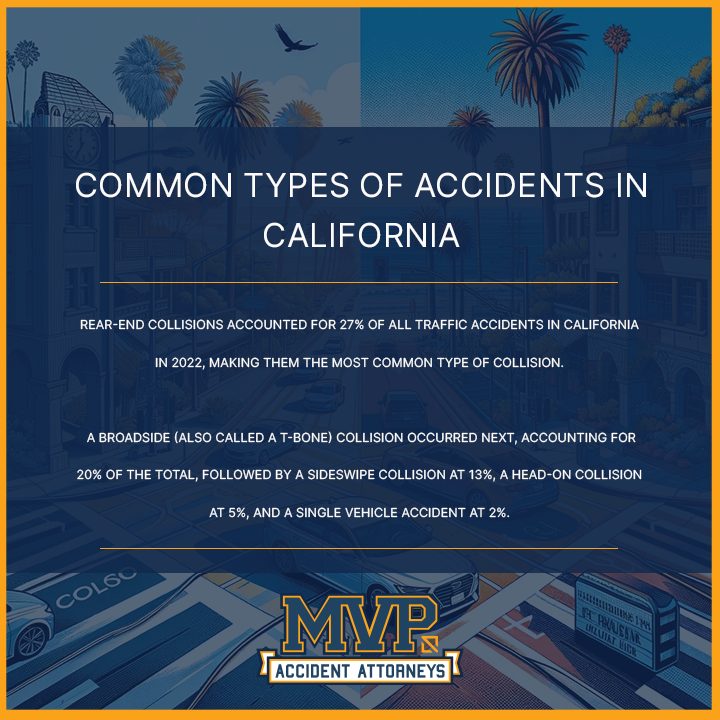

These types of auto accidents can be deadly or may cause serious injuries, depending on the speed each vehicle was traveling and the point of impact.
What Causes Auto Accidents?
Motor vehicle collisions can happen for a variety of reasons. In many cases, auto accidents occur due to driver negligence.
Other common causes of car crashes include:
- Road debris
- Animal on the road
- Distracted driving
- Aggressive driving
- Vehicle malfunctions
- Drunk driving
- Exceeding the speed limit
- Street racing
- Distracted driving
- Pedestrians
Vehicle Malfunctions that Result in Traffic collisions
Defective car parts and car technologies can result in auto accidents, causing serious injuries or fatalities. If you have been involved in an accident and believe that a defective car part or faulty technology played a role, it's crucial to consult with an experienced car accident lawyer at MVP Accident Attorneys to understand your legal rights and explore your options for compensation
Defective car parts or faulty car technology can include:
- Emergency brake assist
- Self-driving cars
- Collision avoidance systems
- Anti-lock braking systems
- Faulty tires
- Steering systems
- Air bags
- Fuel systems

While some technologies can prevent accidents, they can also cause them if they malfunction or if drivers rely on them too much. If you've been in an accident due to these factors, seek legal advice to know your rights and get compensated for injuries and damages.
Where Do Motor vehicle collisions Commonly Occur?
The most common places automobile accidents occur, include:

On highways

In intersections

In parking lots

On rural roads

In construction zones

On freeways
Road Safety
Improving road traffic safety is crucial for preventing auto accidents and casualties in the future.
The Federal Highway Administration and the National Highway Traffic Safety Administration are two US government agencies that play a crucial role in promoting automotive safety and reducing traffic collisions.
The Federal Highway Administration oversees the construction, maintenance, and improvement of highways and other transportation infrastructure across the country. This government agency also works to improve road safety by promoting the use of innovative technologies and best practices for road design and construction.
The National Highway Traffic Safety Administration is another government agency that is responsible for reducing the number of deaths, injuries, and economic losses resulting from motor vehicle crashes. The NHTSA works to improve road safety by setting and enforcing safety standards for vehicles and equipment, conducting research and data analysis to identify safety trends, and promoting education and public awareness campaigns to encourage safe driving behavior.
Together, both government agencies play an important role in efforts to reduce motor vehicle collisions and improve road safety.
Contact Us Today!
If you were involved in an auto accident that was caused by a negligent motorist, contact the auto accident lawyers at MVP Accident Attorneys today to schedule a free, no-obligation consultation. Our accident attorneys have extensive experience handling complex auto accident claims and know how to build a strong case that can help you recover compensation for your medical bills, lost wages, property damage, and more.

Contact us today to schedule your free consultation and let the legal team at MVP Accident Attorneys fight for the fair settlement you deserve.
FAQ'S
What are the first steps I should take after a car accident?
What kind of compensation can I expect from my accident?
What is the typical process for a car accident claim?
What type of evidence should I collect to strengthen my case?
Should I accept the insurance company's first offer?
How do I determine fault in a car accident?
How long do I have to file a lawsuit after a car accident?
What if I was partially at fault for the accident?
Will my case go to trial or can it be settled out of court?
What should I do if the other driver was uninsured or underinsured?
How long do car accident cases typically take to resolve?
What if I have pre-existing conditions that were aggravated by the accident?
How will my medical bills be covered while my case is pending?
Can I seek compensation for pain and suffering, emotional distress, or loss of enjoyment of life?
Areas We Serve
los angeles
san diego
san jose
san francisco
fresno
sacramento
long beach
oakland
santa ana
anaheim
bakersfield
riverside
stockton
chula vista
irvine
modesto
fremont
san bernardino
glendale
huntington beach
oxnard
ontario
rancho cucamonga
moreno valley
Lancaster
Inglewood
Victorville
Costa Mesa
Roseville
Daly City
Berkeley
oceanside
santa clarita
garden grove
santa rosa
pomona
corona
salinas
palmdale
pasadena
hayward
torrance
escondido
orange
elk grove
sunnyvale
fullerton
thousand oaks
el monte
concord
visalia
simi valley
vallejo
hesperia
Downey
Ventura
Norwalk
Burbank
Santa Clara
Fairfield
Richmond
Santa Barbara
Whittier
Newport Beach
Lake Forest
Hawthorne
Buena Park
Perris
Manteca
San Leandro
Citrus Heights
San Ramon
Folsom
Livermore
Mountain View
Rancho Cordova
Redwood City
Related Articles
Drunk driving accident lawyer
Rear end accident lawyer
Distracted driving accident lawyer
Hit and run accident lawyer
Ridesharing accident lawyer
Truck accident lawyer
Motorcycle accident lawyer
Vehicle rollover accident lawyer
Head-on collision accident lawyer
Causality
Side collision accident lawyer
Intersection accident lawyer
Parking lot
Road debris
Aggressive driving
Street racing
Speed limit
Federal highway administration
National highway traffic safety administration
Road traffic safety
Killed or seriously injured
Automotive safety
Self driving car
Collision avoidance system
Emergency brake assist
Advanced driver assistance system
Claims adjuster
Road collision types
Association for the advancement of automotive medicine
Fatality analysis reporting system
No fault insurance
Liability insurance
Total loss
GAP insurance
Vehicle insurance
Personal injury protection
Traffic code
United states department of transportation
Traffic collision reconstruction
Traffic police
Traffic congestion
Emergency medical services
Vehicle inspection
Speed limit
Traffic sign
Dashcam
Mobile phones and driving safety
Traffic light
Uninsured motorist clause
Trauma center
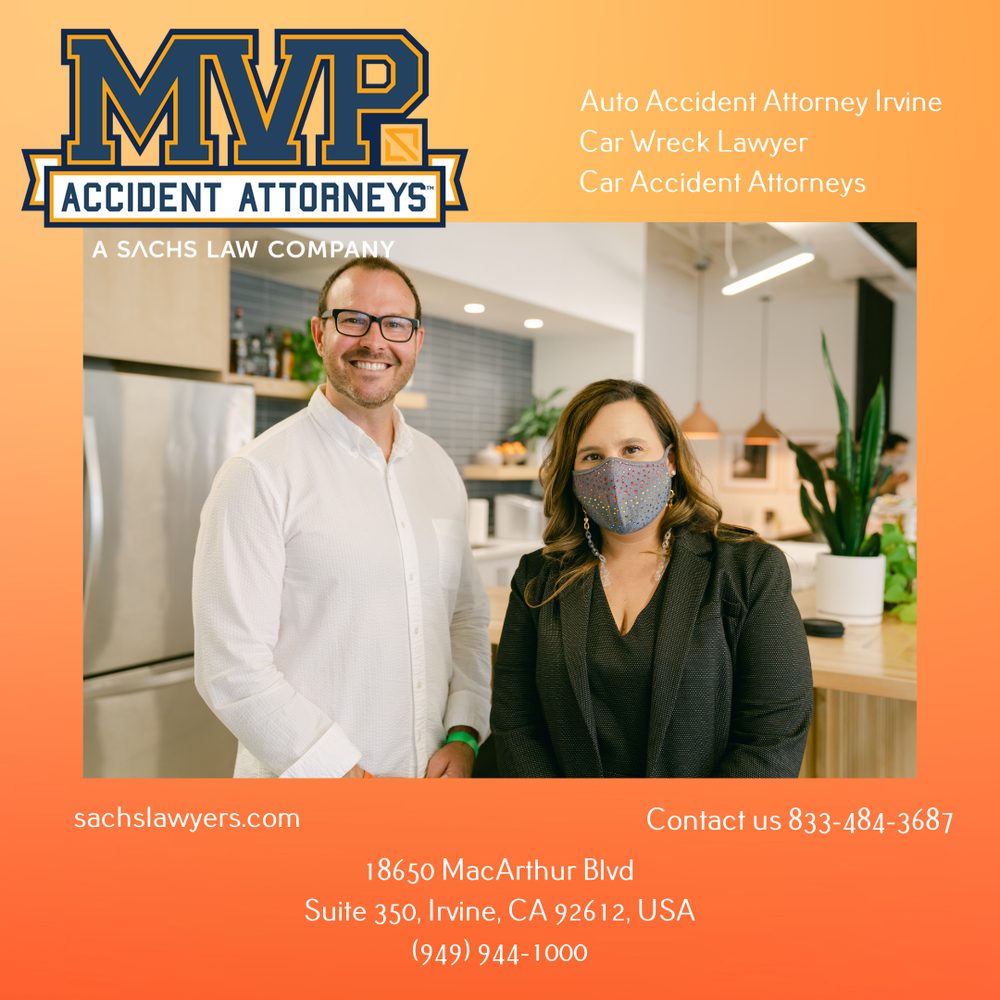
Author
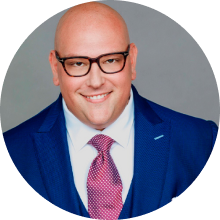
Brett Sachs
Brett S. Sachs graduated from Michigan State University College of Law with Cum Laude Honors. While attending Michigan State, Brett was awarded for his service in the Michigan State University College of Law Civil Rights Clinic, where he represented prisoners of the Michigan Department of Corrections from injustices brought upon them. Learn more.
Top-Rated Lawyers

Lizbhett Rodriguez
Jason Acosta

When You’ve Been Injured
Personal Injury Law
